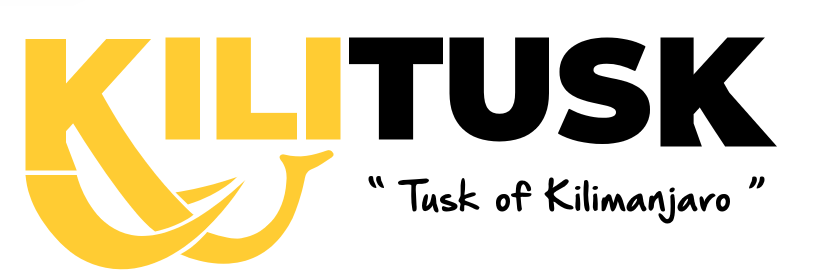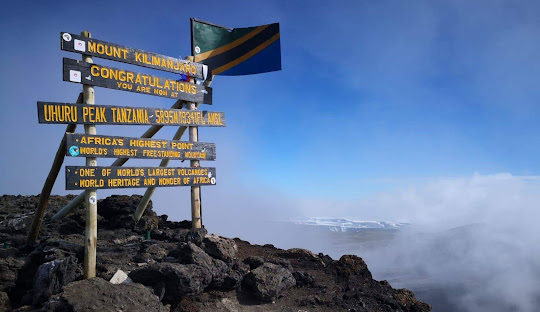Climbing Mount Kilimanjaro, Africa’s highest peak, is a dream for many adventure enthusiasts. However, understanding the costs involved in this challenging endeavor is crucial for effective planning. This guide provides a detailed breakdown of the expenses you can expect, from park fees and guide services to gear and travel costs, ensuring you’re well-prepared for this unforgettable journey.
Understanding the Costs of Climbing Kilimanjaro
Climbing Kilimanjaro involves various costs that can add up quickly. It’s essential to have a clear understanding of these expenses to budget appropriately. The total cost can range from $2,000 to $6,000, depending on several factors such as the route chosen, the level of service, and personal preferences.
Breakdown of Climbing Costs
Park Fees and Permits
Park fees are a significant portion of the cost of climbing Kilimanjaro. These fees are mandatory and include conservation fees, camping fees, and rescue fees. On average, park fees can range from $800 to $1,000 for a seven-day climb. These fees help maintain the park and support conservation efforts.
Guide and Porter Fees
Hiring a guide is mandatory for climbing Kilimanjaro. Guides are essential for navigating the trails, ensuring safety, and providing a richer experience. Porter fees are also an important consideration, as porters carry the bulk of your gear. On average, guide and porter fees can range from $500 to $1,000 per climber, depending on the route and the number of days.
Accommodation Costs
Accommodation costs vary depending on the route and the type of lodging. Most routes involve camping, with basic facilities provided. Some routes, like the Marangu Route, offer huts with more amenities. On average, accommodation costs can range from $200 to $500 for the duration of the climb.
Food and Supplies
Food and supplies are typically included in guided tour packages. However, the quality and variety of food can vary. It’s essential to ensure that your package includes nutritious and sufficient meals to sustain you throughout the climb. On average, food and supply costs can range from $200 to $400.
Choosing a Climbing Route
Popular Routes and Their Costs
Mount Kilimanjaro has several climbing routes, each offering unique experiences and costs. The route you choose will significantly impact your overall expenses.
Marangu Route: Costs and Considerations
The Marangu Route, also known as the “Coca-Cola” route, is the only route with hut accommodations, making it slightly more expensive. It typically costs between $1,500 and $3,000. The Marangu Route is considered easier but has a lower success rate due to shorter acclimatization periods.
Machame Route: Costs and Considerations
The Machame Route, known as the “Whiskey” route, is one of the most popular routes due to its scenic beauty and higher success rate. It typically costs between $1,800 and $3,500. The route is more challenging but offers better acclimatization opportunities.
Lemosho Route: Costs and Considerations
The Lemosho Route is favored for its remote and scenic trails. It typically costs between $2,000 and $4,000. This route offers excellent acclimatization and a higher chance of reaching the summit.
Rongai Route: Costs and Considerations
The Rongai Route approaches Kilimanjaro from the north and is less crowded. It typically costs between $1,800 and $3,500. This route is considered easier and offers a different perspective of the mountain.
Northern Circuit: Costs and Considerations
The Northern Circuit is the longest and most expensive route, offering a 360-degree view of Kilimanjaro. It typically costs between $2,500 and $5,000. This route provides the best acclimatization and highest success rates.
Umbwe Route: Costs and Considerations
The Umbwe Route is the shortest and steepest, making it the most challenging. It typically costs between $1,500 and $3,000. Due to its difficulty, it’s less popular but suitable for experienced climbers.
Hidden Costs of Climbing Kilimanjaro
Tipping Guides and Porters
Tipping is customary and expected. On average, climbers should budget $200 to $300 for tips, distributed among guides, porters, and cooks.
Costs of Additional Services
Additional services such as portable toilets, oxygen tanks, and extra porters can add to your costs. These services can range from $50 to $300, depending on your needs.
Fitness and Training Expenses
Preparing for a Kilimanjaro climb requires physical training. Gym memberships, personal trainers, and outdoor gear for training hikes can add to your expenses. On average, training costs can range from $100 to $500.


